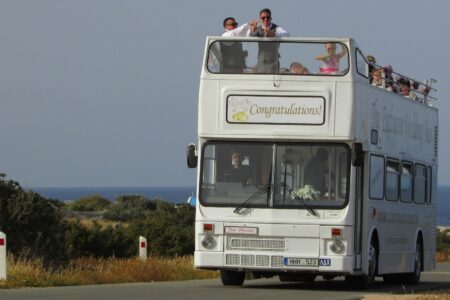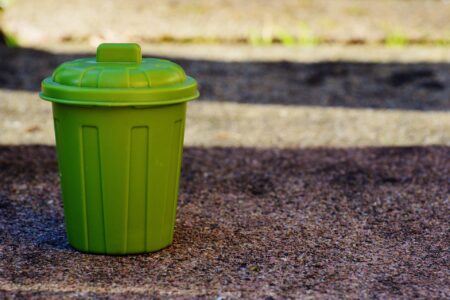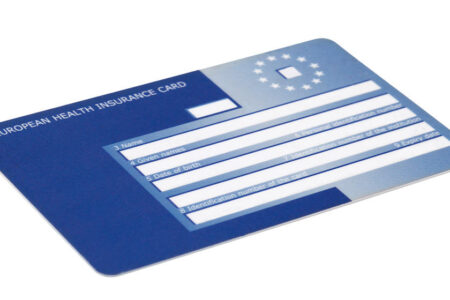Christmas in Cyprus is one of the most significant and revered holidays, uniting religious, family, and cultural traditions. It is celebrated on December 25th, as in most countries where Greek Orthodoxy predominates. The festive season begins well before the date itself and continues until January 6th, when Cypriots celebrate the Epiphany. Christmas customs in Cyprus combine ancient Orthodox traditions, elements of folk culture, and a modern festive atmosphere.

Contents
Preparing for the holiday
The Christmas season begins with a 40-day fast, lasting from November 15 to December 24. During this time, Orthodox believers abstain from meat and dairy products, preparing spiritually and physically for the holiday. The fast ends on Christmas Eve (December 24), when families gather for dinner, and the following day, solemn religious services are held.
Houses begin to be decorated as early as early December. The Christmas tree, which became popular in the 20th century under the influence of European culture, takes center stage. Along with it, a traditional decoration is the kayak (καραβάκι) —an ancient symbol of Cyprus associated with seafaring and travel. Decorated with lights, these boats are displayed in homes and squares, especially in coastal towns such as Limassol, Larnaca, and Paphos.
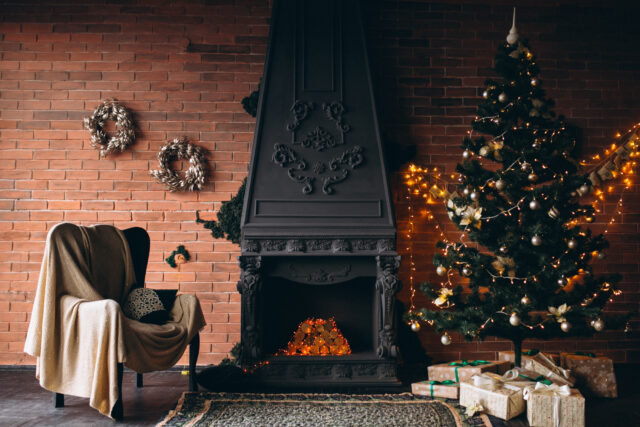
Festive atmosphere of cities
Christmas trees, illuminations, and nativity scenes are erected in every municipality, and Christmas markets and concerts are held. In Nicosia and Limassol, festive villages open with children’s attractions, food courts, performance stages, and craft stalls.
Christmas Villages have become especially popular, where Cypriots and tourists alike buy handmade souvenirs, gingerbread, candles, and essential oils. The air is filled with the scent of cinnamon, cloves, and roasted nuts, and the sounds of Christmas carols accompany the cheers of “Kalá Chrístoúgíná!”—”Merry Christmas!”
Church traditions
The main part of the celebration is the Christmas Eve service. Churches across the island hold liturgies dedicated to the Nativity of Christ. People light candles, pray, and greet each other with the words “Christ is born!”—”Christ is born!”
After the service, it’s customary to visit relatives and neighbors. It’s believed that on Christmas Eve, the home should be filled with light and joy to ensure the coming year brings health and prosperity.
Traditional dishes
Cypriot Christmas cuisine reflects the richness of local culinary traditions and the spirit of hospitality.
Main dishes of the festive table:
- Pork baked with celery and lemon (χοιρινό με σέλινο) is the main meat dish of Christmas.
- Kleftiko is oven-baked lamb with potatoes and spices.
- Partridges or turkey stuffed with rice, raisins and nuts.
- Vasilopita (Βασιλόπιτα) is a sweet pie with a coin inside, which is baked closer to the New Year.
Sweets occupy a special place:
- Kourabiedes (κουραμπιέδες) – shortbread cookies with almonds, generously sprinkled with powdered sugar;
- Melomakarona (μελομακάρονα) – honey gingerbread with walnuts and cinnamon;
- Diples (δίπλες) are crispy rolls of dough covered in honey.
Festive tables are set generously, because in Cyprus, Christmas is, above all, a symbol of abundance, peace, and family unity.
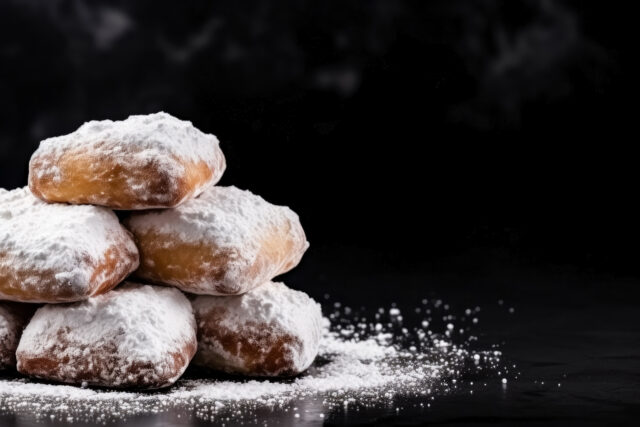
Gifts and customs
In Cyprus, gifts are traditionally not given on December 25th. According to Orthodox tradition, they are given on January 1st —the feast day of St. Basil the Great, considered the Cypriot equivalent of Santa Claus and known as Agios Vasileios (Agios Vasileios).
On New Year’s Eve, children sing kalanda (κάλαντα) —Christmas carols and good wishes. They visit neighbors’ houses, knock on doors, and sing carols with triangles in hand, while their hosts give them gifts of sweets, nuts, or coins. This custom dates back to Byzantine times and has survived virtually unchanged.
There are many folk customs and symbolic actions associated with Christmas.
- Holy water. After church services, people bring holy water home to sprinkle their rooms, livestock, and gardens.
- Decorating houses with laurel and orange. In some regions, Cypriots decorate their homes with laurel branches and oranges, symbolizing the sun and fertility.
- Fire in the home. It is believed that the Christmas hearth should burn for 12 days—until Epiphany (January 6)—to ward off evil spirits that supposedly enter homes in winter.

Epiphany – the end of the holidays
The festive cycle concludes on January 6, when Epiphany (Theophany) —the Baptism of the Lord—is celebrated. On this day, priests perform the rite of blessing waters in churches, on piers, and along the seashore.
The celebration is especially solemn in Limassol and Larnaca. After prayers, the priest throws a cross into the sea, and men dive for it. The first one to retrieve the cross is considered blessed for the entire year.
Modern Christmas Traditions
Despite preserving ancient customs, modern Cypriot Christmas has incorporated Western elements. Streets feature Christmas markets, ice skating rinks, Santa Claus parades, and festive concerts. Shopping malls host special events, while homes display artificial Christmas trees and decorate balconies and courtyards with garlands.
The musical accompaniment is also varied, ranging from church hymns to international Christmas hits. Schools and kindergartens host performances and charity fairs, and municipalities organize free open-air concerts.
However, the main meaning of the holiday for Cypriots remains family, faith, and kindness. Most residents prefer to spend this day at home, around the table with loved ones, in an atmosphere of comfort and gratitude.

Economic and cultural significance
The Christmas season is also of great importance to the Cypriot economy. During this period, domestic tourism increases, and cities are decorated to European standards, transforming into winter holiday destinations.
Many tourists choose Cyprus in winter for its mild climate, vibrant festivals, and unique atmosphere—a blend of religious traditions and social festivities.
Christmas in Cyprus is more than just a religious holiday; it is a cultural phenomenon that unites generations and traditions. It maintains a connection to its Orthodox roots while harmoniously incorporating modern forms of celebration. From the aroma of honey biscuits and the ringing of kalandas to the blessing of water and festive bonfires, every action is imbued with meaning. This holiday embodies the idea of love, light, and new life, symbolizing the warmth of the Cypriot soul.







